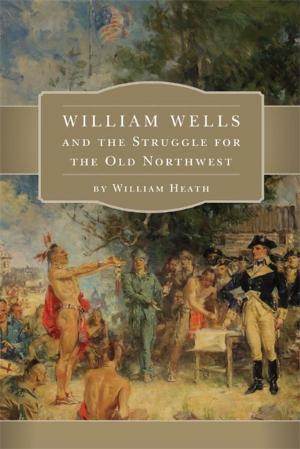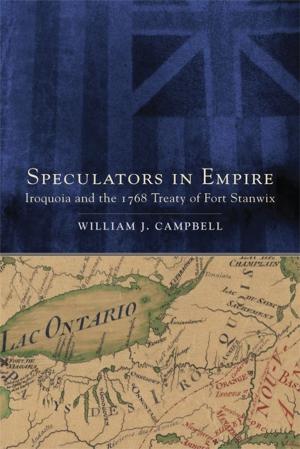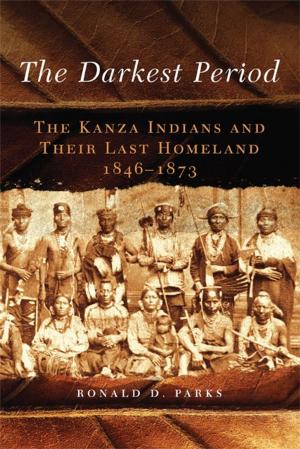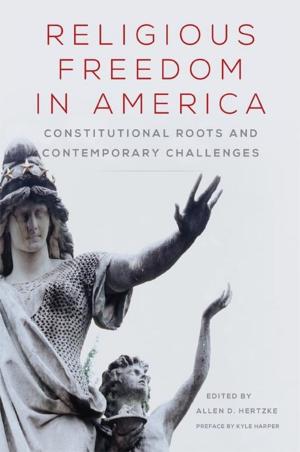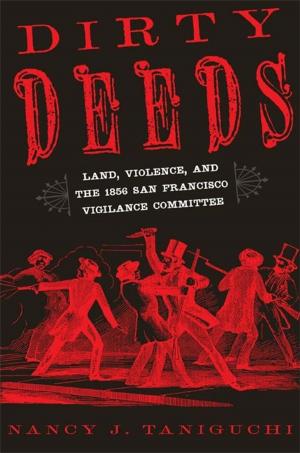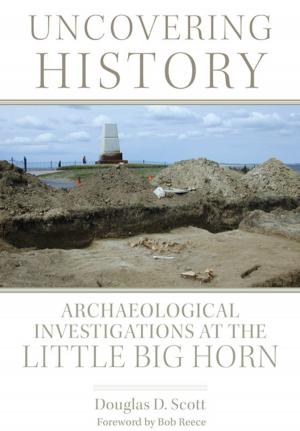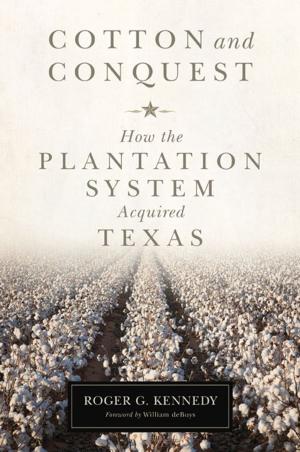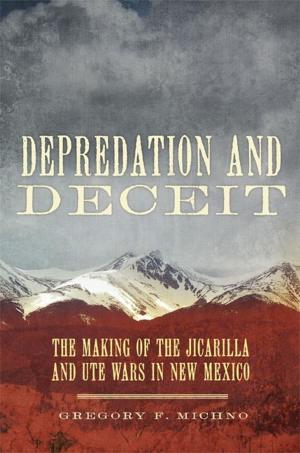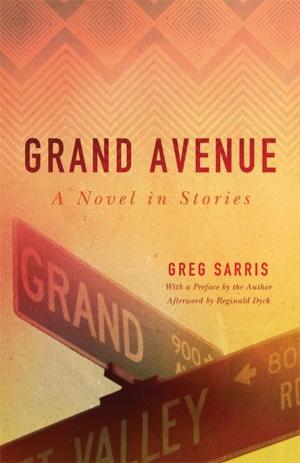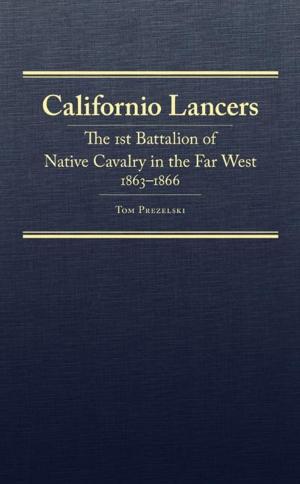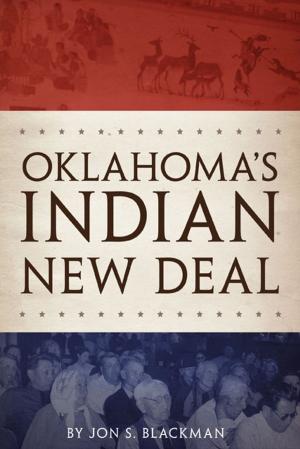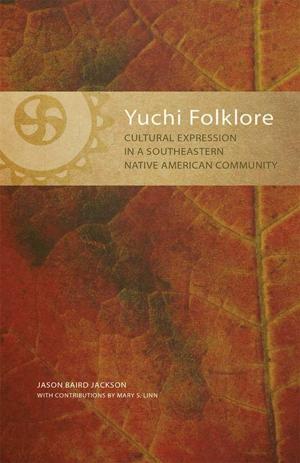Wild Bill Hickok, Gunfighter
An Account of Hickok's Gunfights
Nonfiction, History, Americas, United States, 19th Century, Biography & Memoir, Historical| Author: | Joseph G. Rosa | ISBN: | 9780806150239 |
| Publisher: | University of Oklahoma Press | Publication: | July 10, 2013 |
| Imprint: | University of Oklahoma Press | Language: | English |
| Author: | Joseph G. Rosa |
| ISBN: | 9780806150239 |
| Publisher: | University of Oklahoma Press |
| Publication: | July 10, 2013 |
| Imprint: | University of Oklahoma Press |
| Language: | English |
“James Butler Hickok, generally called ‘Wild Bill,’ epitomized the archetypal gunfighter, that half-man, half-myth that became the heir to the mystique of the duelist when that method of resolving differences waned. . . . Easy access to a gun and whiskey coupled with gambling was the cause of most gunfights--few of which bore any resemblance to the gentlemanly duel of earlier times. . . . Hickok’s gunfights were unusual in that most of them were ‘fair’ fights, not just killings resulting from rage, jealousy over a woman, or drunkenness. And, the majority of his encounters were in his role as lawman or as an individual upholding the law.”--from Wild Bill Hickok, Gunfighter
Wild Bill Hickok (1837–1876) was a Civil War spy and scout, Indian fighter, gambler, and peace officer. He was also one of the greatest gunfighters in the West. His peers referred to his reflexes as “phenomenal” and to his skill with a pistol as “miraculous.” In Wild Bill Hickok, Gunfighter, Joseph G. Rosa, the world’s foremost authority on Hickok, provides an informative examination of Hickok’s many gunfights.
Rosa describes the types of guns used by Hickok and illustrates his use of the plains’ style of “quick draw,” as well as examining other elements of the Hickok legend. He even reconsiders the infamous “dead man’s hand” allegedly held by Hickok when he was shot to death at age thirty-nine while playing poker. Numerous photographs and drawings accompany Rosa’s down-to-earth text.
“James Butler Hickok, generally called ‘Wild Bill,’ epitomized the archetypal gunfighter, that half-man, half-myth that became the heir to the mystique of the duelist when that method of resolving differences waned. . . . Easy access to a gun and whiskey coupled with gambling was the cause of most gunfights--few of which bore any resemblance to the gentlemanly duel of earlier times. . . . Hickok’s gunfights were unusual in that most of them were ‘fair’ fights, not just killings resulting from rage, jealousy over a woman, or drunkenness. And, the majority of his encounters were in his role as lawman or as an individual upholding the law.”--from Wild Bill Hickok, Gunfighter
Wild Bill Hickok (1837–1876) was a Civil War spy and scout, Indian fighter, gambler, and peace officer. He was also one of the greatest gunfighters in the West. His peers referred to his reflexes as “phenomenal” and to his skill with a pistol as “miraculous.” In Wild Bill Hickok, Gunfighter, Joseph G. Rosa, the world’s foremost authority on Hickok, provides an informative examination of Hickok’s many gunfights.
Rosa describes the types of guns used by Hickok and illustrates his use of the plains’ style of “quick draw,” as well as examining other elements of the Hickok legend. He even reconsiders the infamous “dead man’s hand” allegedly held by Hickok when he was shot to death at age thirty-nine while playing poker. Numerous photographs and drawings accompany Rosa’s down-to-earth text.


